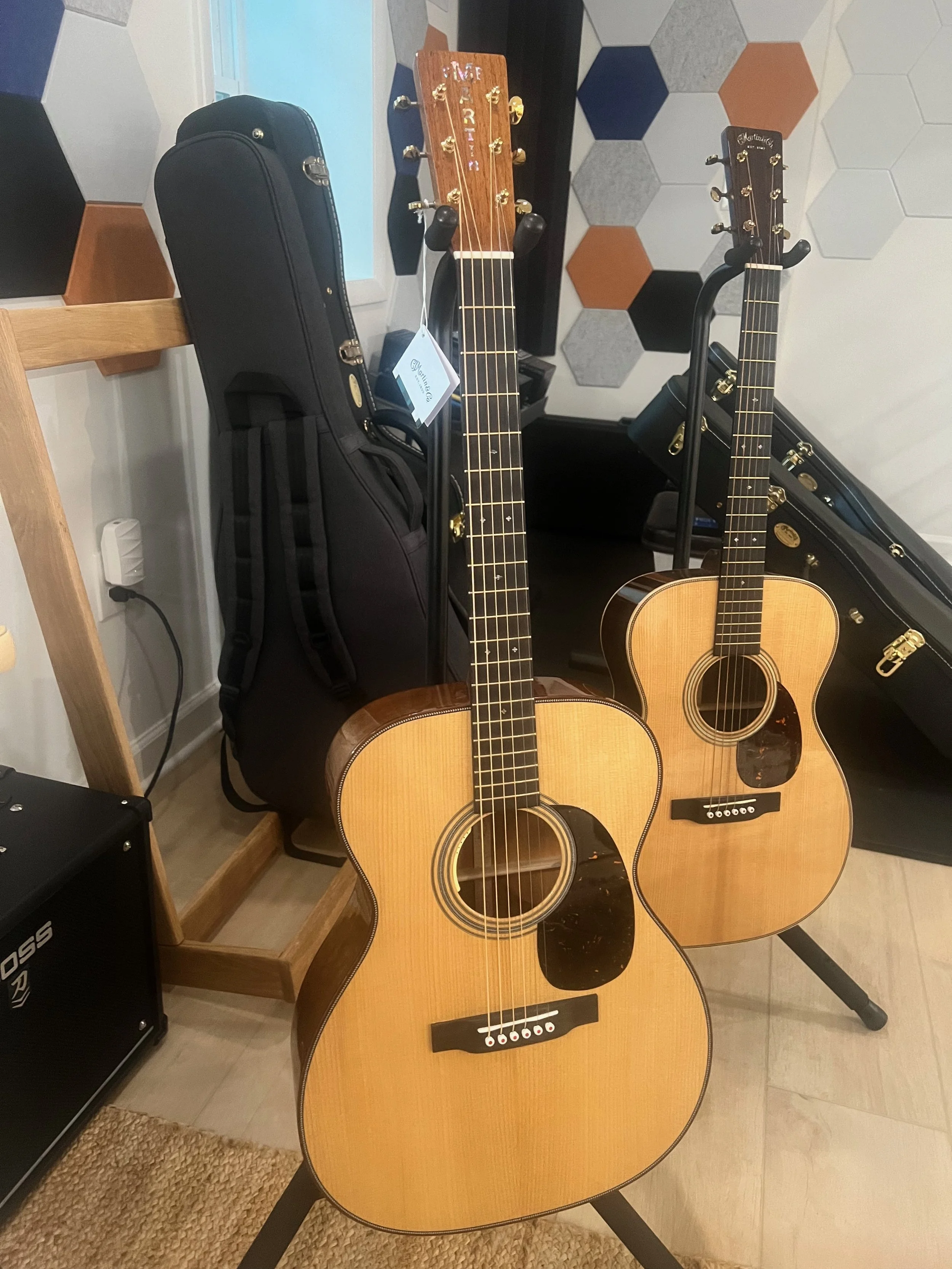Research Links Music to Health Outcomes for Young and Old
This caught my eye:
“It’s a recent feature of Western society that we have separated these two, healing and music,” writes musician and neuroscientist Daniel J. Levitin in his recent book, I Heard There Was a Secret Chord. He cites scientific advances that open a path to recombining the two fields. One of the most fascinating aspects of music therapy is its ability to directly influence brain chemistry. “Playing and listening to music can soothe us through the release of prolactin, can reset our mood through changing serotonin levels, and can motivate us to seek pleasure through modulating dopamine activity,” Levitin states. “Simultaneously, music stimulates neurogenesis and neuroplasticity, enhancing brain recovery, and normalizing the stress response.”
The article goes on to review the ability of music to reduce physical pain, facilitate regeneration and health of neurons in the brain, improve memory, and other benefits. The outcomes are greater when people take music lessons or learn to play an instrument, rather than passively listen to music.
These positive health and brain or learning effects are true when we incorporate music into children’s education:
The research is all incredibly clear: music makes education better. It builds memory, helps with literacy, teaches executive functioning, encourages social and emotional learning, and directly teaches communication and cooperation. The reasons to study music are countless, “but, let’s not forget,” said now retired, long-time Lower School music teacher, Mari Espeland, “that we also study music because it is beautiful, because it gives us peace and comfort, and there are few things as wonderful as singing with a group of people, creating a shared sound and generating something greater than yourself.”
The benefits also hold up for older adults:
In sum, music is a powerful tool to fight against aging-related emotional and cognitive impairments. Music constitutes an enjoyable and social activity, accessible to anyone regardless of his/her background (e.g., education attainment, previous musical experience). So, this accessible intervention should become a major policy priority for healthy aging.
I learned a bit of guitar when I was young, first taking lessons at about age twelve, but only for a year or so. I did not practice diligently and was more interested in singing than playing. I still occasionally played guitar into my early twenties but never with any focus or discipline. I owned a guitar but I was so uninvolved with it, I don’t even remember when or how I must have gotten rid of it or given it away. But then five years ago in my fifties, I started up again, and have been playing practically daily ever since. How that came about is a story worthy of its own blog post someday.
The moral of the story for now is that It’s never too late to get involved with music. It’s worth it.
